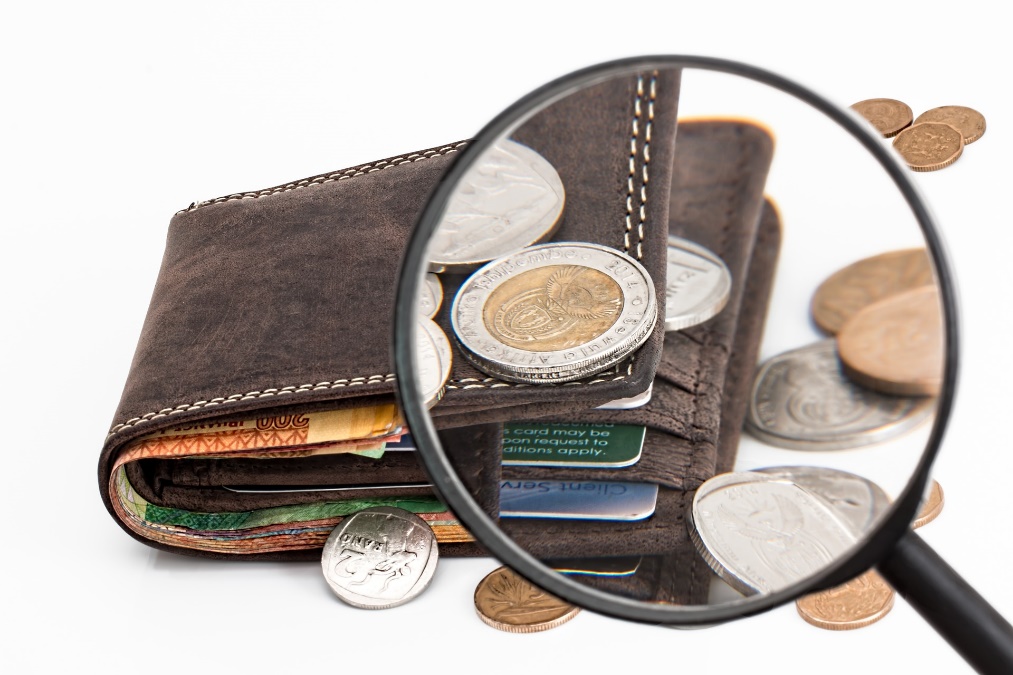For the past few weeks, Stellenbosch’s best and brightest minds have been pitching their novel ideas to turn Stellenbosch into a ‘Smarter City’ as part of the second annual #IdeasForChange Challenge. After much deliberation, the judges have announced their top three finalists who will now be entered into a poll on social media and vie for the chance to win the R20,000 grand prize and be named this years’ winner.
Organised by Stellenbosch Network – and sponsored by Stellenbosch University and the SU Launchlab – the competition seeks to uncover creative, innovative and scalable ideas to improve municipal decision-making and the quality of life of citizens across a range of services and sectors.
Says Stellenbosch Network Operations Manager and organiser of this years’ Challenge, Hanli Brink: “The fact of the matter is that Stellenbosch and the Cape Winelands region are witnessing sustained population growth and rapid urbanisation. Together, these forces are putting pressure on the district’s public services, which currently rely on outdated systems to address a much larger and continuously growing citizenry. Globally, we are seeing how innovative ideas and technology are being used to alleviate this pressure, turning these areas into so-called ‘Smart Cities’. For this reason, this years’ challenge was all about turning our town into a Smarter Stellenbosch.”
The first finalist, Dillon Martin, submitted an idea to create an app that acts as a virtual representation of Stellenbosch. In doing so, he explains that certain spaces (e.g., walls, open areas, buildings and sidewalks) around town will be marked with a special QR code which, when read with a smartphone camera, will provide users with information specific to that area. Martin’s aim is to give ordinary people the power to re-imagine space in Stellenbosch as we currently know it. The app will allow creatives to design digital murals and reimagine the façades of underutilised buildings; local businesses will be able to run digital ads in the real world; officials will gain access to new spaces from which to share important public information; and it will serve as a new avenue for the public to engage with society.
With South Africans in dire need of a more sustainable and stable electricity supply, the second finalist, Esihle Vellem, is pioneering InclusivePV – a solar photovoltaic installer and consultancy firm aimed at providing renewable energy access to small township-based businesses in Stellenbosch. According to Vellem, township-based businesses – namely barbershops and salons which make up some 75% of all businesses in township communities – do not consume large amounts of power but rely heavily on consistent supply. As such, their ability to do business is key to community upliftment and development. To support these businesses, InclusivePV is developing low-cost solar systems which are easy to make, install and maintain. Moreover, the solar system will be supplemented by a battery that will store energy for cloudy days.
Finally, Antoinette Mralasi is calling on South Africans to embrace artificial intelligence in agriculture with her idea to develop ‘vertical farming’ centres across the country. This would see traditional methods of growing food replaces with warehouses, where crops can be grown in stacked layers, one on top of the other. She says that this method of growing food and crops requires less land than traditional farming, and affords the farmer greater control over the growing environment. As such, Antoinette believes that foods grown using this technology will give farmers the ability to grow crops that they would otherwise have to import due to the local environment not being well suited to their needs. This, in turn, encourages the creation of a local circular economy that is inclusive across all communities.
“We were delighted to see some great ideas come out of this year’s #IdeasForChange Challenge,” says Alvira Fisher, the Incubation Director at LaunchLab and one of the judges at this year’s event. “We were especially impressed by the level of ideas that address a broad range of different social and environmental challenges. We also noticed the trend in applications, technology use, and customer simplification within the presented ideas. It’s encouraging to see so many young minds focused on bringing new economic opportunities to the town of Stellenbosch. Now the emphasis is on keeping it going!”
These sentiments were echoed by the rest of this year’s judges, including Dr Leslie van Rooi, the Director for Social Impact & Transformation at Stellenbosch University, who remarked that, “This year’s submissions were fresh, innovative and inspirational – we were impressed that all had an aim to better the lives of the citizens of our town. As a key partner and corporate citizen in the broader Stellenbosch area, my colleagues and I at the University find it incredibly exciting to be investing in local ideas with such a great potential for local impact and are looking forward to seeing how participants progress in the testing and implementation phases of their ideas. Well done to all those who entered the competition!”
With the judges having announced the top three finalists, Stellenbosch Network calls on the people of Stellenbosch and its surrounds to vote for who they think should be crowned the winner. To cast your vote, click here.
About Stellenbosch Network:
Stellenbosch Network is a cross-sector and inter-disciplinary membership organisation that brings people together from industry, government, society, and academia with the aim of sharing ideas, fostering connections, and encouraging collaboration and partnership for inclusive economic growth in the greater Stellenbosch area.
For more information, go to https://www.stellenboschnetwork.co.za/

